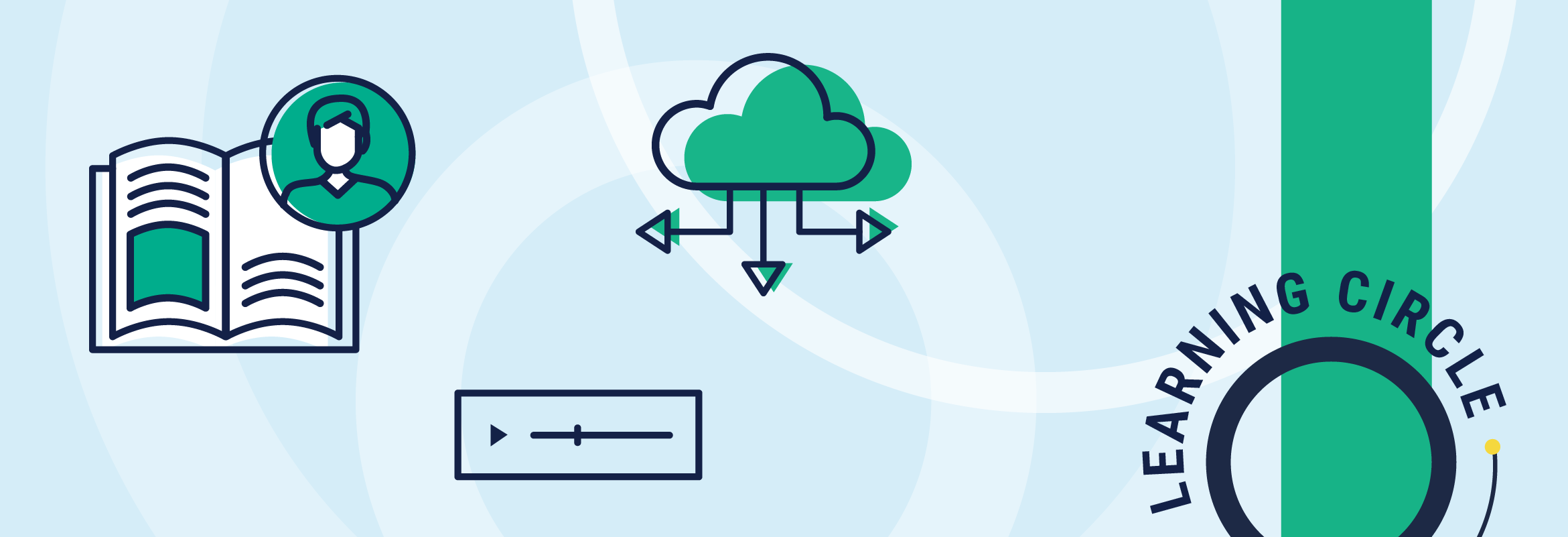Using open educational practices to support adult learning
by Amee Godwin and Lisa Petrides, ISKME
Throughout 2020, SkillRise led an edtech learning circle in collaboration with the Retail Opportunity Network (RON). The monthly calls brought together 15 partner organizations from within the RON to explore various themes related to edtech and adult learning. After each call, a host organization developed a blog post to capture and reflect upon the monthly theme. The following post is written by Amee Godwin and Lisa Petrides from ISKME as they helped the group explore open educational resources during the June call.
Providing free and open access to educational content and knowledge brings benefits to both teachers and learners, beyond cost-savings. OER can enable self-directed learning through resources that are relevant and contextualized within their learning goals.
|
Open educational practice (OEP) helps educators advance a culture of sharing and active learning through OER and puts agency in the hands of teachers and learners. In the context of adult education, this approach can make all the difference. The adult learning context |
|
|
|
How does OEP benefit the adult learner?
Using OER does bring the great benefit of cost-savings for students. Researchers and advocates of open education emphasize that the cost of materials and textbooks are key factors in affordable and equitable access to education for all learners, as mentioned in the 2018 study (The Impact of Open Educational Resources on Student Success Metrics). No-cost textbooks and no-cost college degrees, or “Z-degrees,” which are offered at zero cost, are also critical for adult learners who are financing their education while balancing work, family and caregiving responsibilities. Less obvious but equally important, OEP offers collaborative ways to adapt content so that it can be more engaging and relevant. OEP enables the development of new or interdisciplinary content knowledge, stronger alignment to learning goals, and the opportunity to engage in reflective practice where the sharing of ideas and resources is supported and encouraged. Furthermore, contextualization of adult learning curriculum offers students the benefits of cultural relevance and inclusion, as well as opportunities for flexible, self-directed learning on behalf of the student.
How does OEP benefit the adult educator?
Participating in OEP contributes to the professional learning of the adult educator. Collaboratively contributing to contextualized content allows adult educators to model the type of learning they desire for their own classrooms and elevates their professional teaching role. For example, beginning in 2016, instructional designers and adult education leaders began to collaborate online using a centralized place to curate freely available materials for adult learners. This effort aligned with an approach to designing OER specifically for adult learners that takes their needs and attributes into account, and was a component in an online course to certify new instructional design students in courseware creation. Over time, the group’s efforts developed into a large open group of adult educators who were collaborating as a community of curators to select, evaluate, organize and comment on their own use of OER in their classrooms and the challenges they are facing around contextualizing learning.
Educators also made use of an Open Educational Practice Rubric, a guide that outlines practices from open content curation, to creation and adaptation, to advocacy in order to further support and gauge their own learning and elevation in the field.
The road ahead
OEP has yet to be fully realized in adult learning settings. Access to professional learning that is designed with a social justice and equity lens, and includes underrepresented voices, empowers student agency in learning and invites students to contribute to and author OER, could elevate educators and learners across all contexts. As such, OEP provides the opportunity for adult educators and learners to discover, use and adapt learning content, while laying the groundwork for a paradigm shift for adult education.

